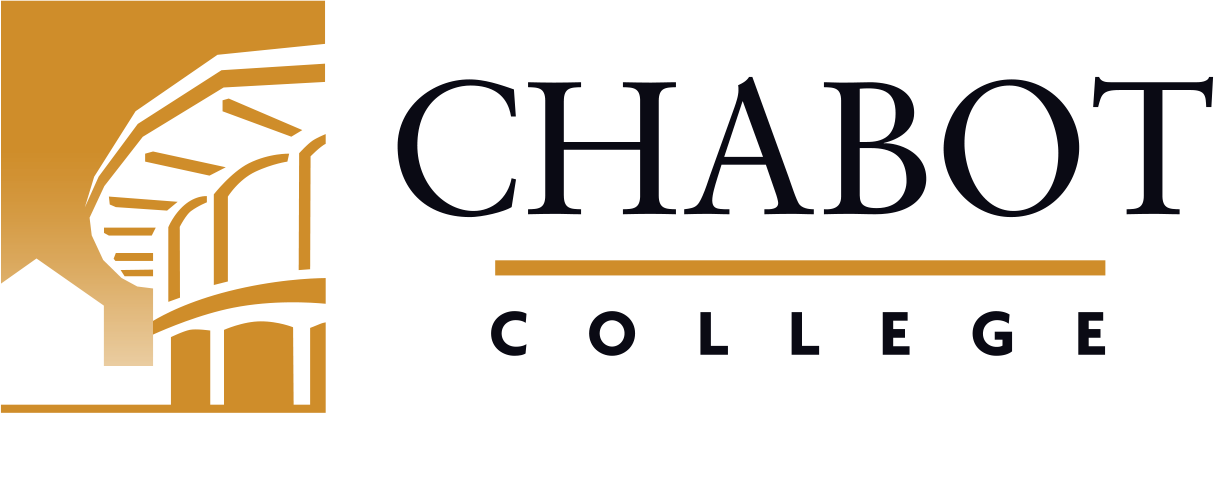
Course Outline for Dental Hygiene 52A
Periodontics
Effective: Fall 2022
SLO Rev: 09/12/2021
SLO Rev: 09/12/2021
Catalog Description:
DHYG 52A - Periodontics
2.00 Units
Normal periodontium and the deviations from health, with emphasis on the hygienist's responsibility in examination, data collection and recognition of disease. Dental Hygiene therapy for periodontal disease prevention, active case management and maintenance programs. Contributing factors to disease process and case management. Decision-making for patient referral to the periodontal specialist.
Prerequisite: DHYG 51.
1240.20 - Dental Hygienist*
Letter Grade Only
| Type | Units | Inside of Class Hours | Outside of Class Hours | Total Student Learning Hours |
|---|---|---|---|---|
| Lecture | 2.00 | 36.00 | 72.00 | 108.00 |
| Total | 2.00 | 36.00 | 72.00 | 108.00 |
Measurable Objectives:
Upon completion of this course, the student should be able to:
- discuss the historical perspectives and epidemiology in periodontics;
- describe the clinical and microscopic anatomy of the normal periodontium;
- indicate the basic concepts in host response;
- delineate the microorganisms involved in the microbiology of periodontal disease;
- describe the clinical and histological changes in the periodontium associated with disease;
- relate the etiology of periodontal disease utilizing the American Academy of Periodontics' system of case classification;
- describe the risk factors in periodontal pathology;
- describe the elements of diagnosis, prognosis, and treatment planning in periodontics;
- describe periodontal emergencies and their treatments;
- describe the various methods of periodontal surgery, healing and benefits;
- articulate the significance of periodontal maintenance.
Course Content:
- Historical perspectives and epidemiology
- Preventive oral health throughout the ages
- Roles and opportunities for the dental hygienist
- Improved dental equipment and operatory design
- Clinical and microscopic anatomy
- Tissues of the periodontium
- Functios of the periodontal ligament
- Protective roles of gingival fluid
- Host response and related risk factors
- Formation and attachment of supragingival and subgingival plaque
- Risk factors related to periodontal disease
- Dental plaque induced gingival diseases
- Medication induced gingival hyperplasia
- Bacterial, viral and fungal infections effects on the gingiva
- Clinical manifestations of systemic disease
- American Academy of Periodontics' classification of periodontal disease
- Etiology of periodontal disease
- Supragingival and subgingival plaque biofilms
- Plaque biofilm microbial succession
- Nonspecific and specifid plaque hypothesis
- Periodontal emergencies
- Etiology of periodontal abscesses
- Necrotizing ulcerative gingivitis and periodontitis
- Periodontal surgery, healing and benefits
- Flap surgery
- Osseous, non-osseous surgery
- Bone and gingival grafts
- Regeneration
- Dental hygiene diagnosis and dental hygiene treatment planning for surgical therapy
- Goals and rationale for periodontal treatment
- Phases of dental treatment
- Sequencing dental hygiene treatment
Methods of Instruction:
- Lectures
- Presentation of audio-visual materials
- Class and group discussions
- Case Study
- Distance Education
- Written assignments
- Online group discussion assignments
Assignments and Methods of Evaluating Student Progress:
- Clinical case studies
- Online discussion assignments on researched periodontal related topics
- Periodontal topic-related written assignments
- Write a case presentation utilizing clinical experiences with a selected client
- Quizzes
- Midterm Examination
- Final Examination
- Critical thinking exercises
- Class Participation
Upon the completion of this course, the student should be able to:
- discuss and the describe the clinical, histological and microbial changes in the periodontium associated with periodontal disease;
- discuss and contrast etiology, diagnosis, prognosis and treatment planning related to gingivitis and periodontal disease;
- describe differences, methods and benefits of nonsurgical and surgical periodontal therapy;
- discuss the significance of periodontal maintenance.
Textbooks (Typical):
- Gehrig, J. S., Shin, D. E., & Willmann, D. E. (2019). Foundations of Periodontics for the Dental Hygienist (5th). Jones & Bartlett Learning.
- Boyd, L. D., Mallonee, L. F., & Wyche, C. J. (2021). Wilkins' Clinical Practice of the Dental Hygienist (13th.). Jones & Bartlett Learning.
- Online Access to Case Studies from Periodontology for the Dental Hygienist 4th ed.
Abbreviated Class Schedule Description:
Normal periodontium and the deviations from health, with emphasis on the hygienist's responsibility in examination, data collection and recognition of disease. Dental Hygiene therapy for periodontal disease prevention, active case management and maintenance programs. Contributing factors to disease process and case management. Decision-making for patient referral to the periodontal specialist.
Prerequisite: DHYG 51.